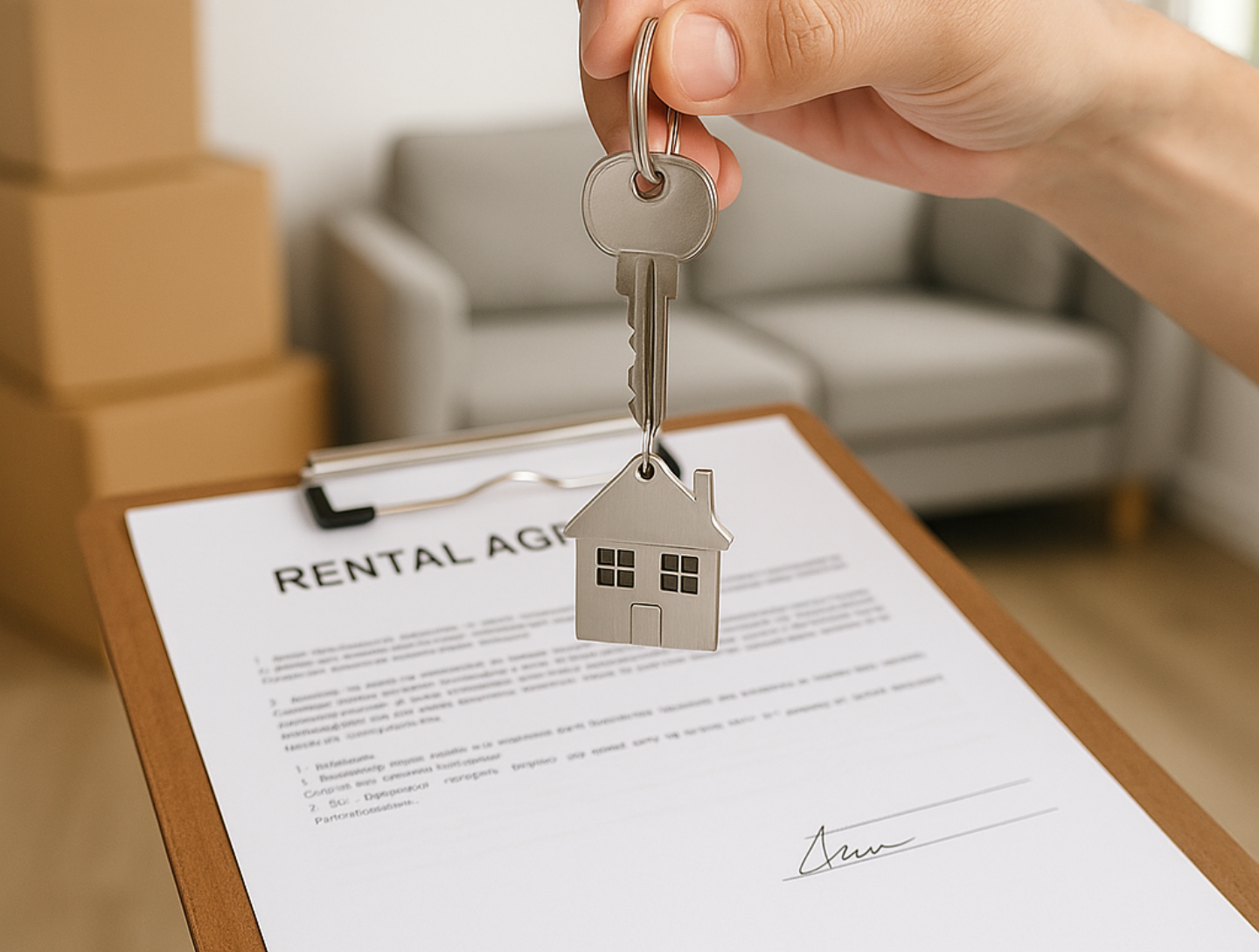Ending a tenancy contract in Dubai might seem confusing at first, especially if it’s your first time renting in the city. Whether you are planning to move to a new home, return to your home country, or simply not renew your lease, it’s important to follow the correct steps.
Dubai has clear rules in place to protect both tenants and landlords. Knowing your rights and responsibilities can help you avoid misunderstandings, legal issues, or losing your security deposit. This guide will walk you through everything you need to know about ending a tenancy contract in Dubai, from giving proper notice and settling utility bills to getting your deposit back. If you follow these steps carefully, you can make your move easily and stay on good terms with your landlord.
Why Ending a Tenancy Contract Correctly Matters
In Dubai, ending a tenancy contract is not just about handing over the keys and moving out. The process must follow clear rules set by the government. These rules are in place to protect both tenants and landlords and ensure that everyone is treated fairly.
When you end your contract the right way, you can avoid many common problems. For example, you reduce the risk of losing your security deposit, facing unexpected charges, or getting into legal disputes. It also helps you leave the property on good terms with the landlord, which can be helpful if you need a reference for your next rental.
Some tenants make the mistake of not giving proper notice, skipping final payments, or leaving without settling utility bills. These actions can cause delays, extra costs, and even legal trouble. That’s why it’s so important to understand the correct procedure from the start.
By following Dubai’s tenancy laws, you make the exit process smooth. This guide will help you take the right steps, avoid common mistakes, and make sure everything is handled properly before you move out.
Ending Tenancy in Dubai: Complete Guide with RERA
Step 1: Register Your Tenancy with RERA
Before we even talk about ending a contract, your tenancy should be registered with RERA through the Ejari system. This is mandatory in Dubai. Without this, you cannot file a legal complaint if any issues arise with your landlord.
Why it’s important:
- It makes your tenancy contract legally valid.
- It protects you in case of a rent dispute or eviction.
If your tenancy wasn’t registered at the beginning, do it immediately before initiating the termination process.
Step 2: Agree on Price Changes (If Renewing)
If you and your landlord plan to renew the contract but at a different price, both parties must agree to the new terms before renewal. If no agreement is reached, you have the right to file a case with the Rental Dispute Settlement Centre.
Keep in mind:
- Filing a case will cost 3.5% of the annual rent, with a minimum of AED 500 and a maximum of AED 20,000.
- Disputes can be avoided with early and clear communication.
Step 3: Serve a 90-Day Notice for Non-Renewal
If you decide not to renew your contract, you must give the landlord at least 90 days’ written notice before the contract expires. This rule also applies if the landlord wants to increase the rent.
If no notice is served:
- The contract automatically renews under the same terms.
- The landlord cannot legally increase the rent.
This 90-day rule ensures fairness for both parties and gives enough time to plan the next move.
Step 4: Ending Tenancy in Dubai Early: What to Know
If you need to break your contract before it ends, Most tenancy contracts in Dubai have a clause for early termination.
General guidelines:
- You must give 3 months’ written notice to the landlord.
- Most landlords will ask for 2 months’ rent as a penalty.
- The penalty and notice period may vary depending on your agreement.
Always check your contract first. If early termination is not covered, try negotiating directly with your landlord.
Step 5: 12-Month Notice for Legal Eviction
A landlord can legally evict a tenant under certain circumstances, such as:
- Selling the property
- Using it for personal or first-degree family use
- Planning to demolish or renovate the property
In these cases, the landlord must give you 12 months’ notice via notary public or registered mail. Verbal notice or informal texts are not valid.
Step 6: Repair All Damages
Before you hand over the keys, it’s important to fix any damage you may have caused during your stay.
Common repairs include:
- Wall holes or scuff marks
- Broken fixtures or tiles
- Paint touch-ups
If repairs are not completed, the landlord can deduct the cost from your security deposit.
Step 7: Clear All Utility Bills
You are responsible for clearing all DEWA, chiller, and gas bills before moving out. Once settled, request clearance certificates and hand them over to the landlord or property agent.
Important note:
- The DEWA account does not require yearly renewal.
- Always keep receipts of final bills to avoid disputes.
Step 8: Attend the Final Inspection
The landlord or agent will schedule a final inspection of the property. This check is to ensure the apartment or villa is returned in good condition.
Be prepared:
- Clean the property thoroughly.
- Fix any minor issues.
- Remove all personal belongings.
A clean, well-maintained property increases your chances of receiving your full deposit refund.
Step 9: Get Your Security Deposit Back
Landlords in Dubai typically return the security deposit within 14 to 30 days after move-out. However, they may deduct from the deposit for:
- Unpaid bills
- Damage to the property
- Unfulfilled contract terms
If the landlord unfairly withholds your deposit, you can file a complaint with the Dubai Rental Dispute Centre.
Step 10: Keep Records of All Communication
Always maintain copies of important documents and communication, such as:
- Notice letters
- Emails or WhatsApp chats
- Receipts and bills
- Inspection reports
Having proof can help you win your case if you need to take legal action.
Common Mistakes When Ending Tenancy in Dubai
Even with clear rules, many tenants make avoidable mistakes when moving out. Here are some of the most common ones:
- Not giving proper notice: Failing to provide a 90-day written notice can result in automatic contract renewal or disputes with your landlord.
- Skipping final bills: Unpaid DEWA or gas bills can lead to delays in getting your deposit refunded.
- Leaving damage unrepaired: Minor issues like nail holes, chipped paint, or broken fixtures can cost you a big portion of your deposit.
- No written proof: Always keep a record of notices, payments, and communication. Verbal agreements won’t hold up in a rental dispute.
If you’re planning to relocate, start your home search with us.
By avoiding these mistakes, you protect yourself legally and financially while making the exit process smooth.
Ending a tenancy contract in Dubai doesn’t have to be complicated. With proper planning, clear communication, and attention to the rules, you can end your rental agreement with confidence. Always give proper notice, settle all dues, repair any damages, and keep written proof of everything.
Whether you’re upgrading to a new home, relocating, or moving back to your home country, following the correct process will save you time, money, and stress.
If you need help finding your next property in Dubai, get in touch with Milestone Homes.




